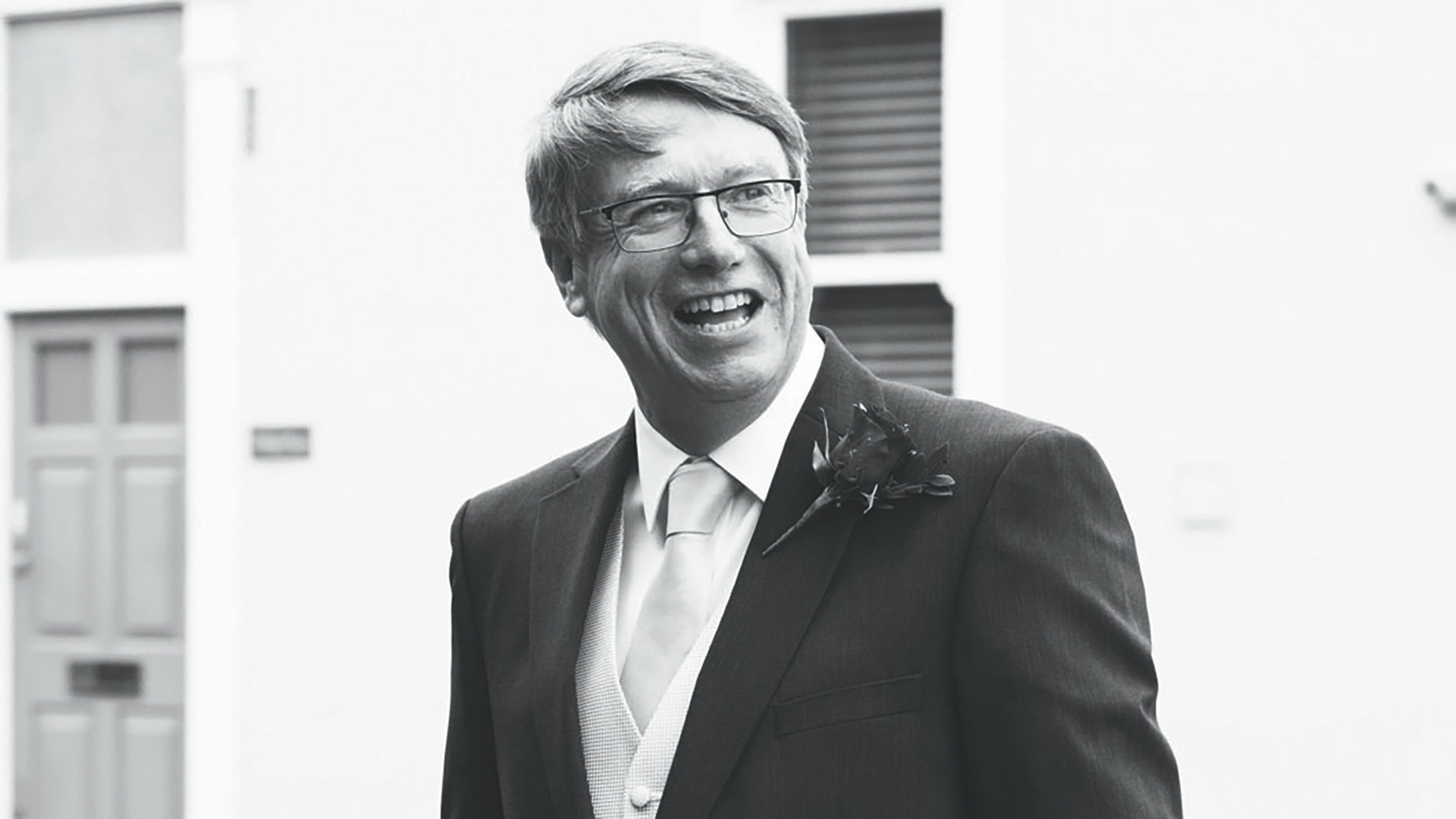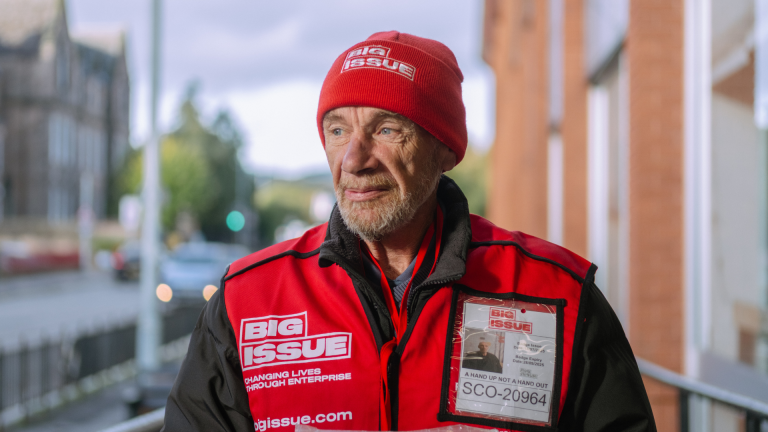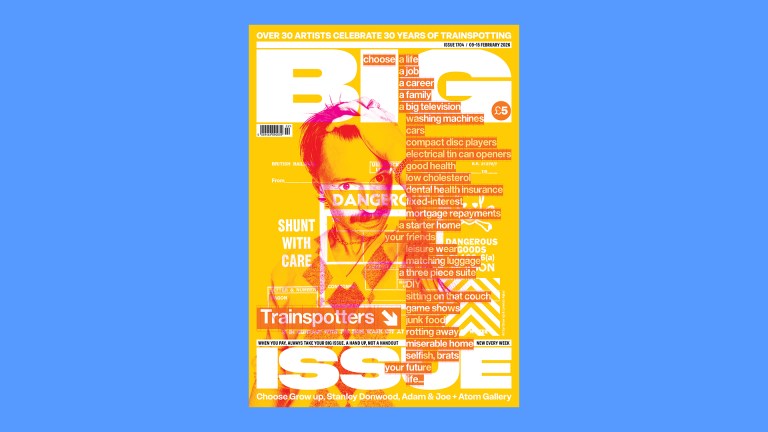At times I sit and go through the history of The Big Issue. I try and take as objective a view as I can. Recently I sat on a park bench by my local river and reconstructed from memory all of those that had helped lead The Big Issue from its stumbling first beginnings to its present order and professionalism. To its current ‘grown-up-ness’, you might call it. What were their qualities? What did they bring to The Big Issue?
Of course, as the co-founder with Gordon Roddick, I was the first one. What did I do that was unique and useful and lastingly meaningful? Starting from the fact that I had only ever employed one other person in my life, I was likely to have only rudimentary skills at managing people. And it proved right. At times clumsy and oafish, and often objectionable, I concentrated on establishing The Big Issue as a going concern. But there had to come a time when the reins would have to pass to someone who was more professional than yours truly.
Someone who would allow us to grow as a business and become more useful to our vendors. And to be assured of longevity. To fulfill our ambitions to grow The Big Issue into a prevention business; preventing people falling into homelessness, or back into homelessness.
Your support changes lives. Find out how you can help us help more people by signing up for a subscription
We needed new business skills, and they were not mine. I would remain the head of the operation but I would need a vital and bright clever person who would make the whole thing sing. Over the first 20 years we became more and more professional. The rough edges were knocked off our organisation, and we grew as a ‘business response to a social crisis’. We had a number of CEOs who added to our ability to manage a social business that worked in the crisis and led the organisation to become a social investment business that invested in getting people out of need.
But we remained a rather difficult business proposition. We were not a charity. I steadfastly wanted homeless people to get the means to help themselves. We could not appeal to trusts and government for support to do our work. We were a taxpaying business where all of the profits went back to the business and not to shareholders. Weird and wonderful, and a model of social business that has multiplied since the days when it was largely just us trying to be ‘businesslike’ about poverty.





